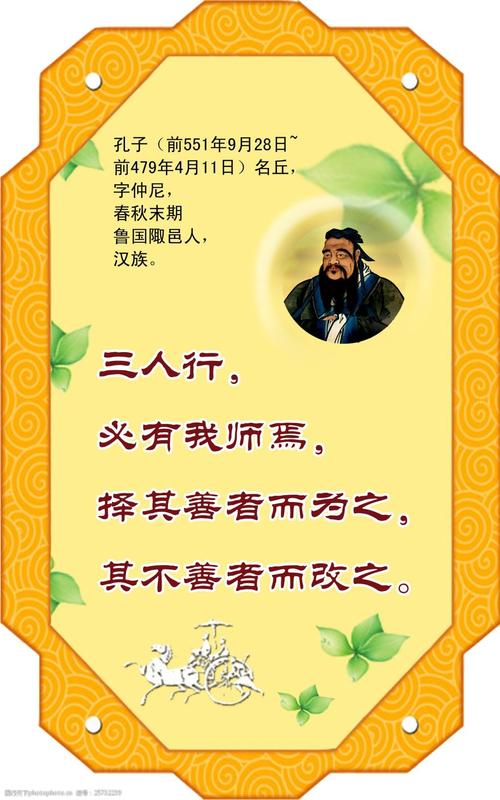2024年3月25日发(作者:七十华诞)

18世纪名词解释
1. Enlightenment Movement(启蒙运动)
Under the influence of scientific discoveries (Newton) and flourishing of
philosophies, French enlightenment started.
Enlightenment thinkers such as Voltaire伏尔泰, Montesquieu孟德斯鸠, Locke
洛克, Hobbes霍布斯, and Rousau卢梭 believed that the world was an object of
study and that people could understand and control the world by means of reason
and empirical(以观察或实验为依据的) rearch.
• an intellectual movement beginning in France and then spread throughout
Europe
• a continuation of Renaissance in belief in the possibility of human perfection
through education
• the guiding principle or slogan(标语,标号) is Ration(定量?)/Reason, natural
right and equality (American Independence War in 1776; French Revolution in
1789)
• Ration became standard for measurement of everything.
• In religion, it was against superstition(迷信), intolerance(心胸狭窄), and
dogmatism(教条主义,独断,武断); in politics, it was against tyranny(暴政,苛政);
and in society, it was against prejudice, ignorance, inequality, and any obstacles to
the realization of an individual’s full intellectual and physical well-being. At the
same time, they advocated(提倡) universal education. In their opinion, human
beings were limited, dualistic(二元的), imperfect, and yet capable of rationality
(合理性,合理的行为见解) and perfection through education.
The great enlighteners:
• Alexander Pope,
• Joph Addison,
• Jonathan Swift, and
• Samuel Johnson
2. Sentimentality literature伤感文学
--- It was a partial reaction against that cold, logic rationalism which
dominated people’s life since the last decades of the 17th century.
--- A ready sympathy and an inward pain for the miry of others became part
of accepted social morality and ethics.
--- started by Samuel Richardson’s
Pamela
and
Clarissa
--- reprented in novel form by Laurence Sterne’s
A
Sentimental Journey through France and
Italy
(1768)
--- reprented in poetry by “The Graveyard School”:
Thomas Gray, Edward Young
--- emphasizing the emotion/heart instead of ration
---gradually merged into Romanticism
3. Satire: A literary manner which blends humor with criticism for the purpo
of instruction or the improvement of humanity.
The necessary ingredients
--- Humor
--- Criticism, either general criticism of humanity or human
nature or specific criticism of an individual or group.
--- Some kind of moral voice: simply mocking or criticism
is not “satire.”
The best and most reprentative works are found in tho written by Pope
and Swift.
Alexander Pope
• Mock epic: “The Rape of the Lock”
• Literary Satire: “The Dunciad”
• Jonathan Swift
• “A Modest Proposal”
•
Gulliver’s Travels

本文发布于:2024-03-25 10:45:31,感谢您对本站的认可!
本文链接:https://www.wtabcd.cn/zhishi/a/171133473159877.html
版权声明:本站内容均来自互联网,仅供演示用,请勿用于商业和其他非法用途。如果侵犯了您的权益请与我们联系,我们将在24小时内删除。
本文word下载地址:18世纪名词解释.doc
本文 PDF 下载地址:18世纪名词解释.pdf
| 留言与评论(共有 0 条评论) |